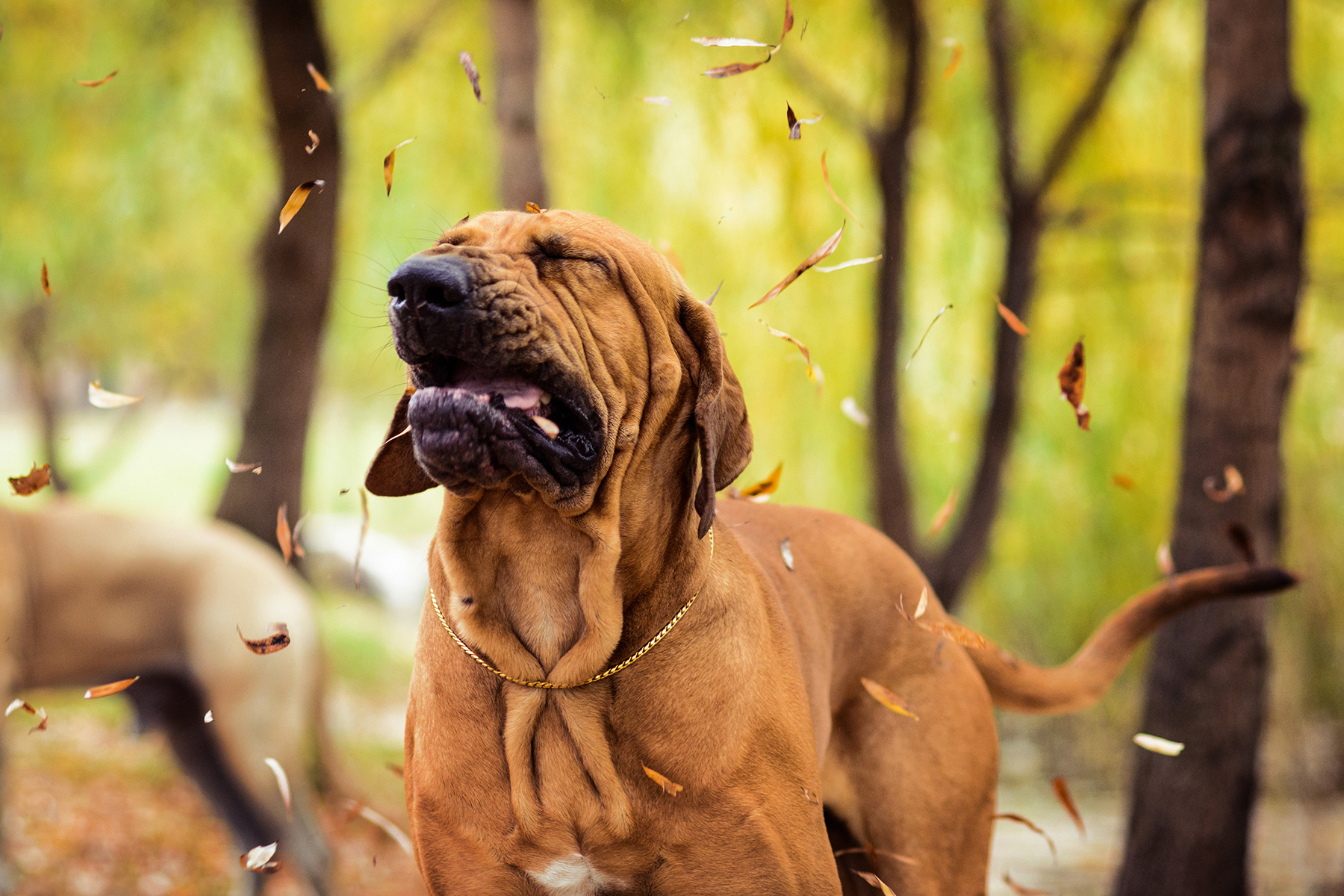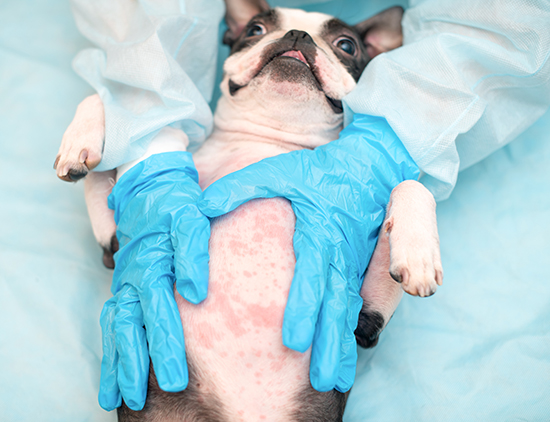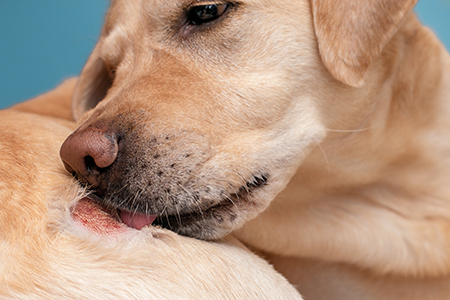
Fall Allergies Affect People and Pets
A lot of people tend to suffer from seasonal allergies. Animals are at risk as well. Pollen, dust mites, plants like sagebrush and goldenrod, fleas, and mold can all cause pets to experience allergy flair-ups. You should pay close attention to changes in your pet’s behavior. If they start to excessively scratch or rub against walls, this could definitely be the result of pet allergies. On the other hand, respiratory problems that stem from rhinitis will cause your pet to act very sluggish. Ear infections are also especially common in dogs. Whitworth Animal Clinic urges you to get your pet examined as soon as possible. The required treatment will vary from one pet to the next. While some may benefit from topical treatments and baths, others will need to get vaccinated.
Symptoms of Fall Allergies in Dogs
While allergic reactions most often present as itchiness in pets, there are a few other symptoms to look out for. They include:
- Skin irritation or redness
- Strange odor coming from the skin
- Hot spots or bald spots
- Hives (will sometimes seem crusty or scabby)
- Inflammation, waxy discharge, redness, or odor from the ears
- Hair loss around the face
- Red, itchy eyes or runny nose
- Swollen or red feet that might have a distinctive odor
If you notice any of these symptoms in your pet, it is time to call Whitworth Animal Clinic for an allergy check.

Causes of Fall Allergies in Dogs
While pets can have allergic reactions to a wide range of allergens, there are a few common ones that tend to affect a large number of them. These include:
- Plants like sagebrush, pigweed, goldenrod, and lamb’s quarters
- Pollen
- Mold
- Flea bites
- Food
Working with Dr. Whitworth to find the source of the allergy will be the best way to find an effective treatment for your pet. If the allergen is in the food, for example, a dietary change can provide immediate relief for your furry friend. If the allergen is something you can’t avoid (like pollen in the air), you will need to consider different treatment.
Treating Fall Allergies in Dogs
Depending on the severity of your pet’s allergy symptoms, there may be a few different treatment options. If your dog has the occasional allergic reaction, Dr. Whitworth might recommend antihistamines or steroids. There are also special shampoos that can help with skin irritation. Using them regularly will alleviate some of the discomfort on the skin.
If your pet is suffering from fall allergies, the Whitworth Animal Clinic in Madison, Alabama can provide relief.







Leave A Comment